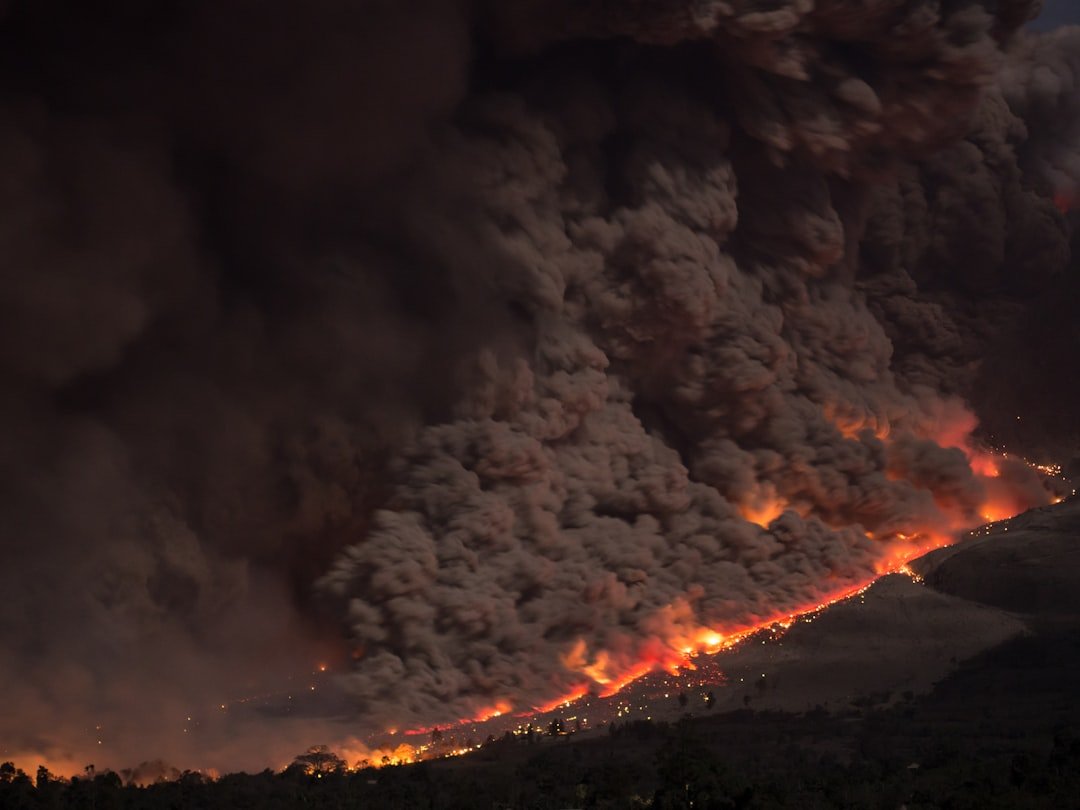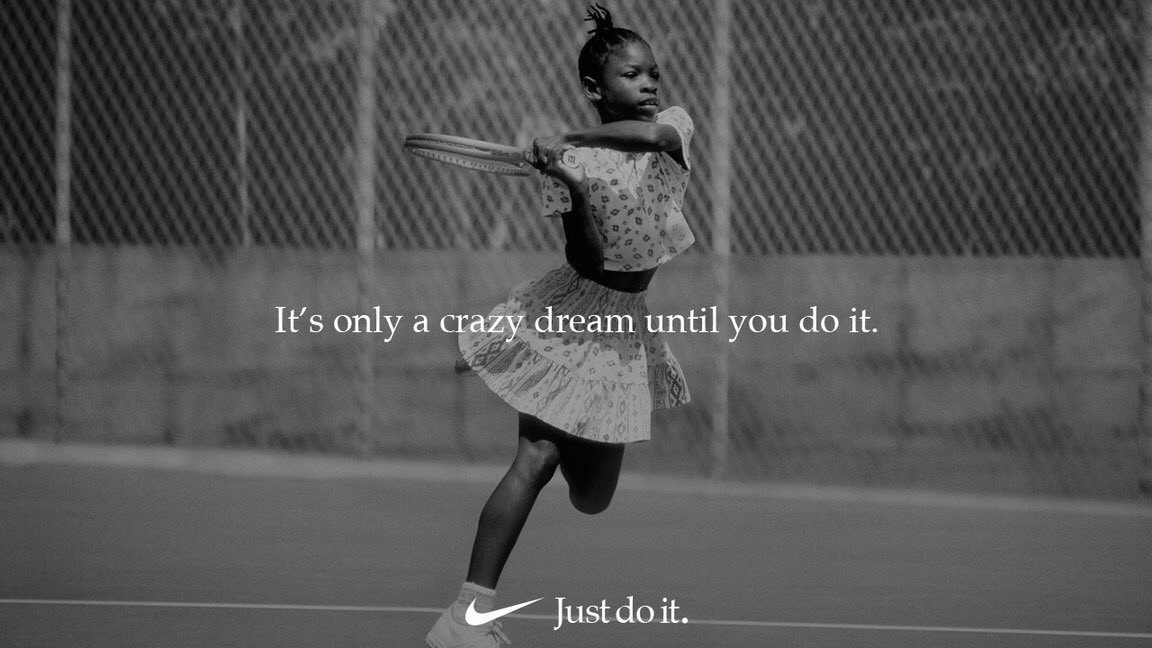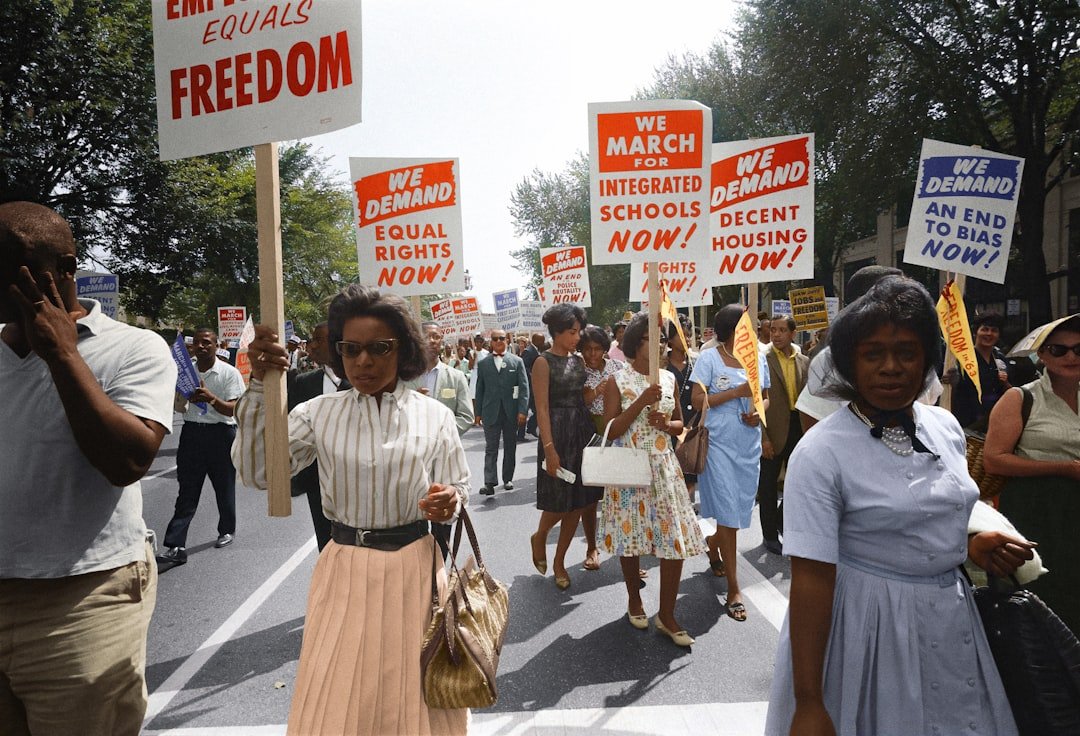I've been thinking about how we can turn hope into justice.
In ways I don’t recall from previous years, an underlying hopelessness creeps in more and more to conversations with my friends and therapy clients, expressed in recurring phrases, like: The world is such a mess.
Or: We seem to move from crisis to crisis.
Or: I’ve stopped watching the news because it’s just one deplorable thing after another.
I hear with many of them this soundtrack of dread, not just for ourselves but even more frighteningly for our children and grandchildren who must make their way into the grim future we’ve laid out in front of them.
What happened? How did we arrive at this sense that our world is falling apart and there’s nothing we can do about it? For me, it began when the planes hit the buildings on 9/11/2001, spreading toxic smoke and ash through the darkened sky, a sky that has yet to clear. The past two-and-a-half decades (the entire lifetime of those born around that event and a long time even for those of us older than they are) have been defined by wars in Afghanistan and Iraq, surveillance cameras and security checks that make us wary of the stranger in line behind us, a financial meltdown in 2008 that left many wondering, Is it worth it to get a college education? Will I ever be able to buy a home?
BECOME A FREE SUBSCRIBER TO I’VE BEEN THINKING
Europe and the U.S. have been roiled by crises around immigration, our national politics are divided between tribes right and left who have rendered governing impotent. We’re told the climate crisis will soon drown our coastal towns and ruin our forests and if that isn’t enough bad news, in 2019 a pandemic arrived and remains a canopy of fear and death under which we live day to day.
It’s been a long and tumultuous time since 9/11, and the sky has yet to clear.
If these years account for most of your adult life, it makes sense that you might have checked out, believing that our world is falling apart and there’s nothing we can do about it. No wonder you’re hopeless. I have children in their fifties and three grandchildren who’ve been raised since 9/11, so I’m familiar with the atmosphere of hopelessness they must contend with.
But it's not just the young; I was sharing recently with a group of friends about my sense that things had been falling apart since 9/11 when one of them agreed and proposed giving in to hopelessness and withdrawing into his life of meditation. I said back to him, more softly that I felt it, NO! We cannot retreat into our souls. We must muster our will, gather our agency, organize our legions to fight off both confusion and suffering and the hopelessness these engender in so many of us. To give in to this reality, to give up on hope, is to capitulate, to let the darkness reign.
But how is hope possibly sufficient in the face of all these overwhelming challenges? I suppose it depends on what you think hope is.
The garden-variety optimistic notion of hope always brings to mind Emily Dickinson’s poem, “Hope” is the thing with feathers.*
Reality crushes this thin, sing-songy optimism that Dickinson describes:
“Hope” is the thing with feathers –
That perches in the soul -
And sings the tune without the words -
And never stops - at all -And sweetest - in the Gale - is heard -
And sore must be the storm -
That could abash the little Bird
That kept so many warm -I’ve heard it in the chillest land -
And on the strangest Sea -
Yet - never - in Extremity,
It asked a crumb - of me.– “Hope” is the Thing with Feathers, Emily Dickinson (1891)
This description of hope just doesn’t work for me - it seems too weak and passive to deal with the dread we know too well. My cynical uncle, suspicious of optimism, used to insist that behind every silver lining there’s a dark cloud, reversing optimism’s pallid promise.
Look back. Look around. Look ahead. Any silver lining is, at best, a pale shadow. I don’t need some little bird with feathers to protect hope, I want a hawk with talons. Hope needs more than something warm that perches in the soul; hope needs a fierce will to guard and defend it. For me, hope’s dainty feathers are as useless for facing our difficult future as hen house feathers after the fox’s visit.
The Irish poet Seamus Heaney offers a version of hope different from Dickinson’s:
Hope is not optimism, which expects things to turn out well, but something rooted in the conviction that there is good worth working for.
Strong hope is an affirmation that I have agency, the ability to make a difference. I may not be able to dispel the darkness, but I can strike a match to light my next step forward. This is hope with grit, resilience – tough hope.
At 82 years old, bolstered by this kind of hope during a lifetime of activism, I have a more promising sense of the future, especially the future of my kids and grandkids, and yours as well. Long before 9/11, I found that hope could be turned into justice, a hope that these intervening years have challenged but not erased.
The night before our class graduated in June 1966, the President of Princeton Seminary, James McCord, spoke to us about the pastoral, social service, and academic careers we were about to step into. To our surprise, he talked to us about discipline. Many of us spent our three seminary years re-examining the faith we were raised in, challenging many of its beliefs and, particularly, its disciplines, which hardly seemed adequate for what we were facing.
The culture around us was embroiled in a war we hated; racial tensions that led to the murder of a recent Princeton Seminary graduate during a march in Selma, Alabama; and a sexual revolution that taunted the very strictures of moral purity that we’d clung to in our prayers and Bible readings and promises (some repeatedly made and broken) about chastity. At a time when many of us were careening between transforming beliefs, protest marches, draft card burnings, and raising our voices against the religions habits from which we felt ourselves finally escaping, he wants to talk about discipline!
This is the theme President McCord asked us to consider: Discipline is the process of becoming. A new thought for me, and for many of my classmates: discipline not as adherence to a regimen of study, prayer, and moral purity but as a commitment to becoming whatever women and men, pastors and professors, partners, friends, and citizens God made us to be. Discipline as the process of becoming our authentic, sacred selves.
For me, hope is such a discipline. It is the day-to-day effort to face confusion and suffering, whether personal or public, with the belief that I am called to change things, to make a difference. My sacred task is to find and commit myself to what is good in the world.
The single most effective advertising campaign in my lifetime has probably been Nike’s brief, blunt command to us to Just do it.
I find it ironical that it’s not a scriptural verse or wise guru but a marketing slogan that best captures what I want to convey about hope, just as marketing to consumers has captured our imaginations about who we are and why we’re here.
For Nike, of course, Just do it is a way to get me to buy more items with their swoosh on it, but I want something else. I want Just do it to call me into action not as a consumer but as a participant in the social give-and-take - not as someone wrapped up in my individual ambitions and possessions but someone devoted to the family and community and culture and nation I belong to. Not as someone devoted to me but someone committed to we.
This is one of those situations in which my age takes me back to a time when we knew ourselves to be citizens and patriots and believers in sacred truths more than we know ourselves by how much money we make and how much stuff we can buy.
So if we mobilize our resilient hope, will we change the world, or even our little town? Maybe!
If it’s not yet clear to you what this something good worth working for is that hope seeks, it’s out there! From my twenties through my seventies, I experienced hope that not only threw itself at the darkness, but won at times, and sometimes won big. Rugged hope drove the movements for Civil Rights and women’s rights and LGBTQ rights, brought us the Americans for Disability Act and the Affordable Care Act. We elected a Black president, and a woman of color is our current vice-president.
None of this happened magically - each big victory was built on smaller victories, powered by individual people showing up, year after year, organizing and voting and putting in the work. Hope can indeed be turned into justice, but it's often a long, slow, and painstaking process.
And here’s the important part: you don’t have to invent your own action plan. You don’t have to come up with a complete solution to an overwhelming problem. There are hopeful people already at work on stuff you care about. Find them, call them up, volunteer to help them. God knows there are endless and obvious possibilities: kids who need nutrition and tutoring, better schools, saner parents. Governments at every level which need us to elect smarter, more humane leaders; perhaps our neighbors even need us to run for office ourselves. Anti-war organizations, or those fighting climate catastrophe, or those working to help folks struggling with homelessness need advocates and helpers and workers and drivers and volunteers.
Pick one. Throw yourself into it. Give your money and time and leadership skills. Set up chairs and pick up donuts on the way to the meeting and clean up afterwards. Disciplined hope, which doesn’t give up, can lead us into just such support for what is good, where we can have an impact, make a difference.
Here’s Seamus Heaney again.
Human beings suffer.
They torture one another.
They get hurt and get hard.
No poem or play or song
Can fully right a wrong
Inflicted and endured.…
History says, Don’t hope
On this side of the grave,
But then, once in a lifetime
The longed for tidal wave
Of justice can rise up
And hope and history rhyme.– The Cure at Troy, Seamus Heaney (1991)
* This always reminds me of Woody Allen’s comic response, “How wrong Emily Dickinson was! Hope is not ‘the thing with feathers.’ The thing with feathers has turned out to be my nephew. I must take him to a specialist in Zurich.”







